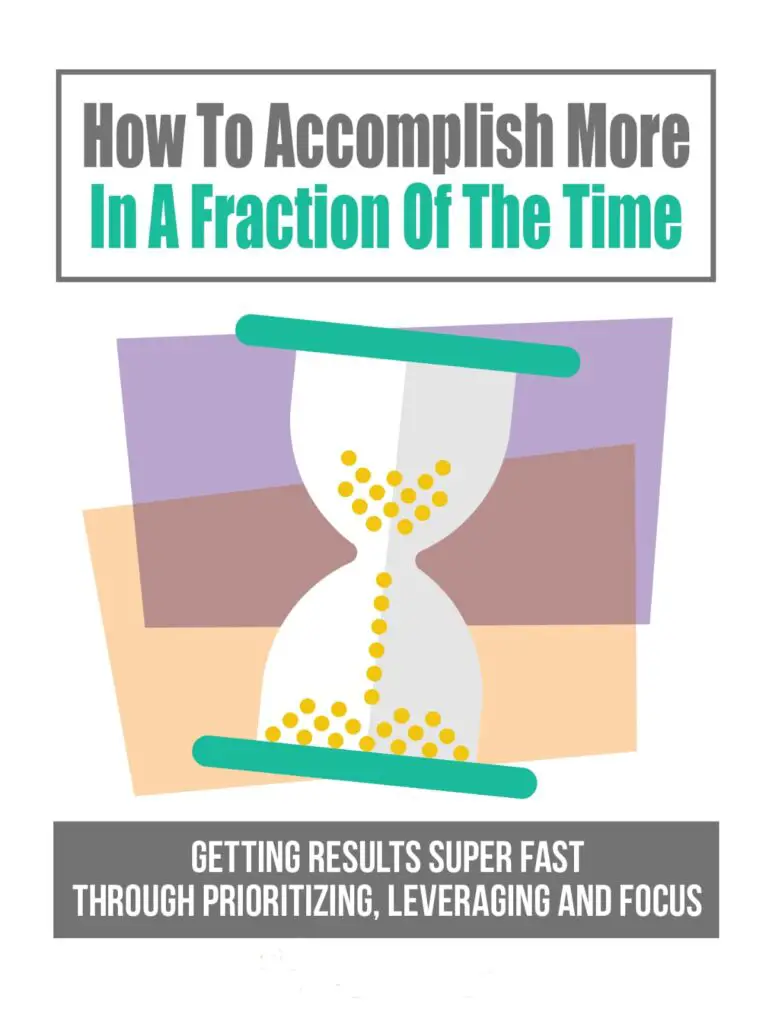Motivational interviewing (MI) is a client-centered, evidence-based approach used in social work practice to facilitate behavior change by enhancing clients’ motivation to address concerns and achieve goals. Originally developed in the field of addiction treatment, MI has since been applied across various domains of social work. Including mental health, healthcare, child welfare, and criminal justice. This article explores the principles, techniques, and applications of motivational interviewing in social work practice, emphasizing its role in promoting client engagement, empowerment, and positive outcomes.
- Understanding Motivational Interviewing
- Key Principles of Motivational Interviewing
- Techniques of Motivational Interviewing
- Applications of Motivational Interviewing in Social Work
- Challenges and Considerations
- Conclusion
- Frequently Asked Questions:
- What is motivational interviewing (MI) in social work?
- How does motivational interviewing differ from other therapeutic approaches?
- What are the key principles of motivational interviewing?
- What techniques are use in motivational interviewing?
- What are the applications of motivational interviewing in social work practice?
- How can social workers learn and develop skills in motivational interviewing?
- What are some common challenges in using motivational interviewing?
- How does motivational interviewing contribute to positive outcomes for clients?
Understanding Motivational Interviewing
Motivational interviewing is founded on the principles of collaboration, evocation, autonomy, and compassion (Miller & Rollnick, 2012). It involves a guiding style of communication characterized by empathy, reflective listening, and a non-confrontational approach. MI aims to help clients explore and resolve ambivalence about change, thereby increasing their readiness and commitment to taking action. The spirit of MI fosters a partnership between the social worker and the client. With an emphasis on respecting the client’s autonomy and self-efficacy.
Key Principles of Motivational Interviewing
- Express Empathy: Social workers employing MI strive to understand the client’s perspective, validate their experiences, and convey empathy through active listening and reflective statements. Empathy builds trust and rapport, creating a safe space for clients to explore their thoughts, feelings, and concerns without judgment.
- Develop Discrepancy: MI encourages clients to examine the discrepancy between their current behavior and their goals or values, highlighting the discrepancy motivates clients to consider change. Social workers help clients explore the negative consequences of their behavior while reinforcing their intrinsic motivations and aspirations.
- Roll with Resistance: Rather than confronting resistance directly, MI emphasizes responding to resistance with empathy and curiosity. Social workers acknowledge and respect the client’s autonomy, reframing resistance as a natural part of the change process. By avoiding power struggles and coercion, social workers maintain a collaborative stance that encourages openness and exploration.
- Support Self-Efficacy: MI promotes clients’ belief in their ability to change and overcome challenges. Social workers affirm clients’ strengths, resources, and past successes, fostering optimism and confidence in their capacity to make positive changes. By highlighting clients’ self-efficacy, social workers empower clients to take ownership of their change process.
Techniques of Motivational Interviewing
- Open-Ended Questions: Social workers use open ended questions to elicit clients’ perspectives, values, and goals. Open ended questions invite clients to share their experiences and thoughts freely, facilitating exploration and deeper understanding.
- Reflective Listening: Reflective listening involves paraphrasing, summarizing, and affirming clients’ statements to demonstrate understanding and empathy. Reflective statements help validate clients’ experiences, build rapport, and encourage further exploration.
- Affirmations: Affirmations are statements that acknowledge and reinforce clients’ strengths, efforts, and positive attributes. Affirmations boost clients’ self-esteem and confidence, enhancing their motivation and commitment to change.
- Eliciting Change Talk: Change talk refers to statements made by clients that indicate their readiness, willingness, or ability to change. Social workers use techniques such as asking evocative questions, exploring goals and values. And highlighting discrepancies to elicit change talk and reinforce motivation for change.
- Summarizing: Summarizing involves synthesizing and reflecting back key points from the client’s narrative. Summaries help clarify and organize the conversation, reinforce client autonomy, and facilitate decision-making.
Applications of Motivational Interviewing in Social Work
- Substance Use and Addiction: MI is widely used in substance abuse treatment to help individuals explore their ambivalence about change, increase motivation for treatment, and enhance engagement in recovery efforts. Social workers collaborate with clients to set realistic goals, develop coping strategies, and navigate challenges in maintaining sobriety.
- Mental Health: In mental health settings, MI is employed to support clients in managing symptoms, adhering to treatment plans, and improving overall well-being. Social workers use MI techniques to explore clients’ concerns, enhance self-awareness, and promote self-efficacy in coping with mental health challenges.
- Healthcare: MI is integrated into healthcare settings to promote health behavior change, such as smoking cessation, weight management, and medication adherence. Social workers collaborate with clients to identify health goals, address barriers to change, and develop personalized action plans for improving health outcomes.
- Child Welfare: MI is utilized in child welfare settings to engage families in case planning, reunification efforts, and parenting interventions. Social workers employ MI techniques to empower parents, strengthen family relationships, and promote positive behavior change in the best interest of children.
- Criminal Justice: MI is applied in criminal justice settings to support individuals involved in the justice system, such as probationers, parolees, and offenders in diversion programs. Social workers use MI to address criminogenic needs, reduce recidivism, and facilitate reintegration into the community.
Challenges and Considerations
While motivational interviewing offers numerous benefits in social work practice, it is not without challenges. Some common challenges include:
- Time Constraints: MI requires time for building rapport, exploring ambivalence, and eliciting change talk, which may be challenging in fast-paced or time-limited settings.
- Resistance and Ambivalence: Addressing resistance and ambivalence effectively requires skill and practice. Social workers may encounter clients who are initially resistant to change or reluctant to engage in the process.
- Training and Supervision: Social workers need training and ongoing supervision to develop proficiency in MI techniques and maintain fidelity to the approach. Continued professional development is essential for enhancing MI skills and addressing complex client issues.
Conclusion
Motivational interviewing is a valuable tool in the social worker’s toolkit, offering a client-centered approach to fostering behavior change, enhancing engagement, and promoting empowerment. By embodying the spirit of MI and utilizing its techniques effectively. Social workers can support clients in navigating challenges, achieving their goals, and creating positive change in their lives. As social work continues to evolve, the integration of motivational interviewing principles into practice holds promise for advancing client-centered care and improving outcomes across diverse populations and settings.
Read more: Is Social Work a Good Career?
Frequently Asked Questions:
What is motivational interviewing (MI) in social work?
Motivational interviewing is a client-center approach use in social work to facilitate behavior change by enhancing clients’ motivation to address concerns and achieve goals. It involves techniques such as empathetic listening, reflective questioning, and eliciting change talk to help clients explore and resolve ambivalence about change.
How does motivational interviewing differ from other therapeutic approaches?
Motivational interviewing differs from traditional therapeutic approaches in its focus on collaboration, evocation, and autonomy. Unlike directive approaches that emphasize advice-giving or confrontation. MI aims to evoke clients’ intrinsic motivations for change and empower them to explore their own solutions.
What are the key principles of motivational interviewing?
The key principles of motivational interviewing include expressing empathy, developing discrepancy, rolling with resistance, and supporting self-efficacy. These principles guide social workers in fostering a collaborative and non-confrontational atmosphere that respects clients’ autonomy and intrinsic motivations.
What techniques are use in motivational interviewing?
Techniques used in motivational interviewing include open-ended questions, reflective listening, affirmations, eliciting change talk, and summarizing. These techniques help social workers engage clients in exploring their thoughts, feelings, and motivations for change in a non-judgmental and empathetic manner.
What are the applications of motivational interviewing in social work practice?
Motivational interviewing has diverse applications in social work practice, including substance use and addiction treatment, mental health interventions, healthcare settings, child welfare services, and criminal justice programs. It can be use to support behavior change, enhance engagement, and promote empowerment across various populations and settings.
How can social workers learn and develop skills in motivational interviewing?
Social workers can learn and develop skills in motivational interviewing through training workshops, online courses, supervision, and self-study resources. Ongoing practice, feedback, and reflection are essential for mastering MI techniques and applying them effectively in diverse practice settings.
What are some common challenges in using motivational interviewing?
Common challenges in using motivational interviewing include time constraints. Addressing resistance and ambivalence, and the need for ongoing training and supervision. Social workers may also encounter difficulties in maintaining fidelity to the MI approach and integrating it into their existing practice frameworks.
How does motivational interviewing contribute to positive outcomes for clients?
Motivational interviewing contributes to positive outcomes for clients by enhancing engagement, promoting self-efficacy, and fostering intrinsic motivation for change. By empowering clients to explore their goals and values, MI facilitates behavior change and supports long-term success in achieving desired outcomes.









